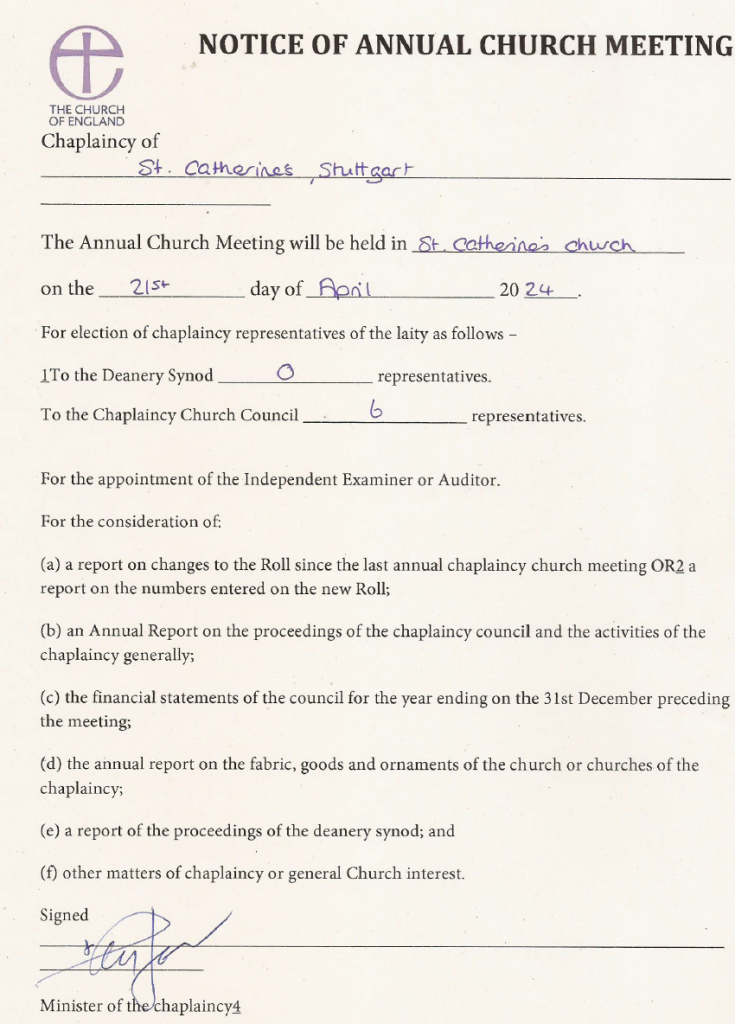 On Easter Day we returned to offering Communion in both kinds. Background to this decision is given below. Wine will be offered, but everyone should feel able to make their own decision as to whether they wish to receive the wine. The Chaplain is currently collection feedback on this and feeling is 50:50 as to whether people feel safe or not.
On Easter Day we returned to offering Communion in both kinds. Background to this decision is given below. Wine will be offered, but everyone should feel able to make their own decision as to whether they wish to receive the wine. The Chaplain is currently collection feedback on this and feeling is 50:50 as to whether people feel safe or not.
The full version of the Bishop’s letter and extracts from a study on Communion Cups and infection can be found on our Keeping you safe pages.
From a letter from our Bishops – April 2022
The sharing of bread and wine at holy communion has been the norm in the Church of England since the Reformation, as set out in the Sacrament Act of 1547. Withdrawal of the common cup has only been recommended in exceptional circumstances where public health is at risk.
In each chaplaincy, the responsibility for deciding on matters of liturgical practice rests with the Chaplain in consultation with the chaplaincy council. At this point, we are moving from a position where public health usually demanded that the common cup should be withheld, to a point where a Chaplain would need to have good reason to withhold the cup believing there to be exceptional circumstances that justify this. […]
We re-iterate that the Church’s teaching is that the body and blood of Christ may be completely received in one kind only. Nobody should feel under pressure (theological, moral, social or psychological) to receive the cup if they are uneasy with this. In every situation there are likely to be a range of feelings about risk, both to ourselves and to others, and these need to be accommodated. Within the Church we believe that everyone is known and loved individually by God, and that as many members within one body we are called to be responsible to and for one another, respecting the more vulnerable whose suffering is our suffering (1 Cor 12:12-27). Every Chaplain will be navigating their own local situation, conscious of their environment, of the constraints of their national or regional law (which must be respected), and of the demographics and sensibilities of their community.
There will be differences of view within communities, and we urge kindness, compassion and understanding as those differences are navigated. Online worship continues to provide opportunities for some, and different practices within a service or between services may accommodate different groups of people. […]
Of course, in all our practice, the highest standards of hygiene around the administration of the elements of holy communion must be sustained. This means that the practice of the communicant intincting (dipping) the consecrated bread into the chalice is NOT permitted, on hygiene grounds. Of course, it also should be noted that it is the return of the common cup that this letter addresses. Individual communion cups are not legally permitted in the Church of England. […]









